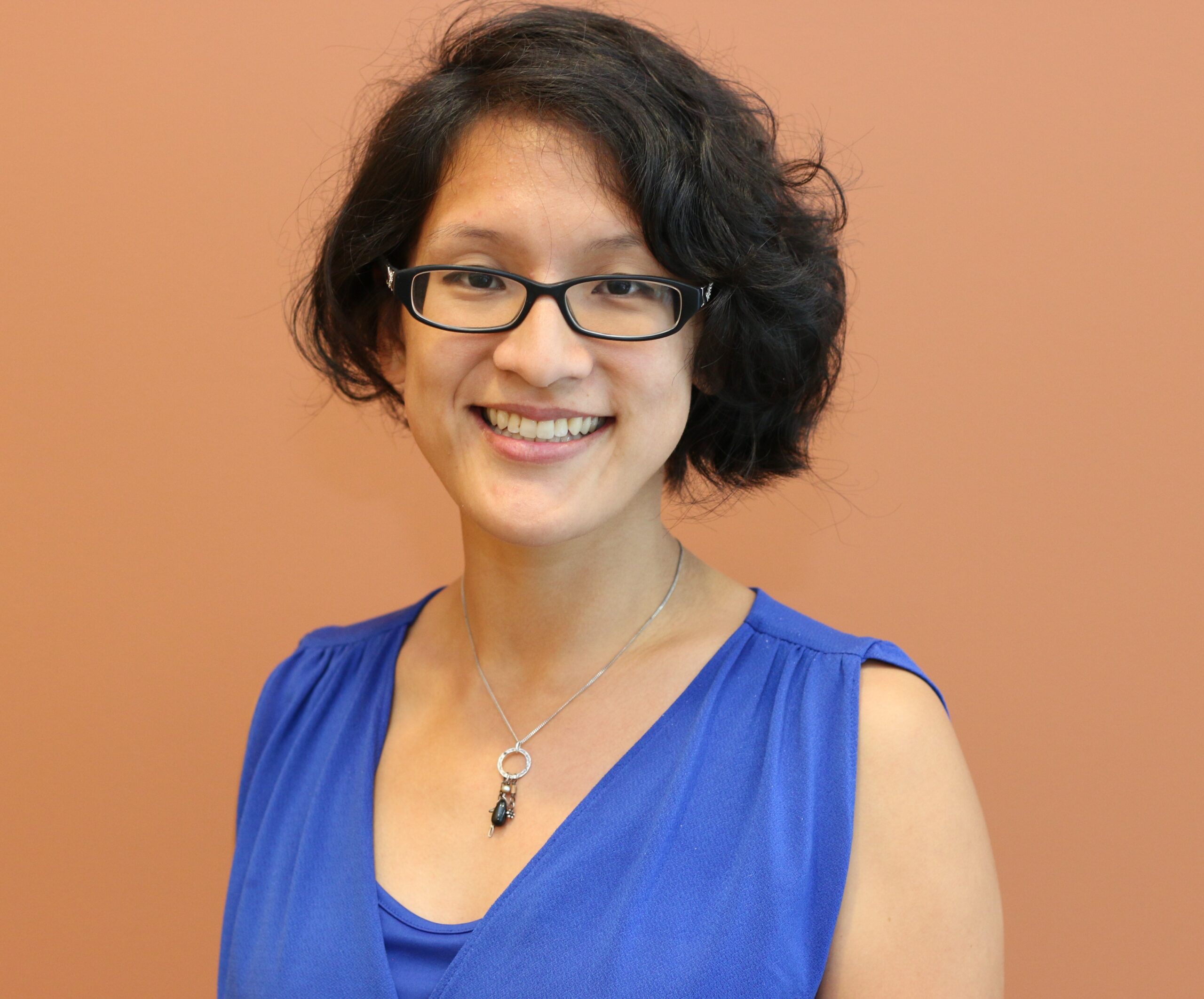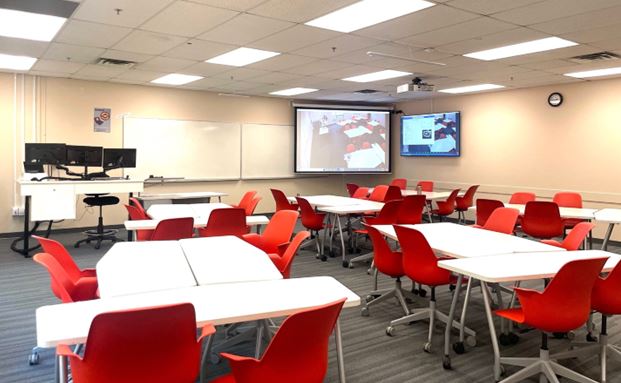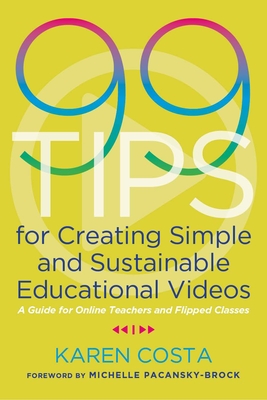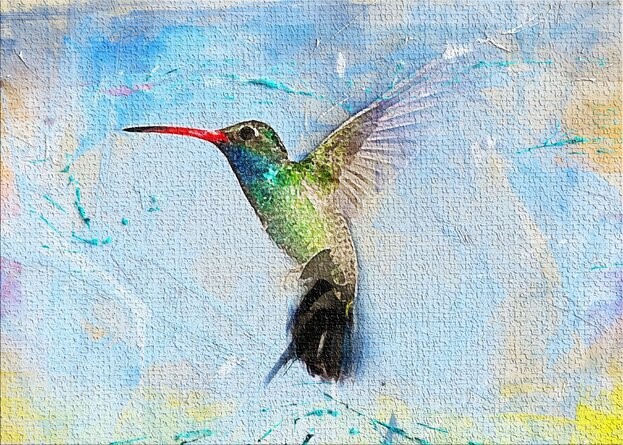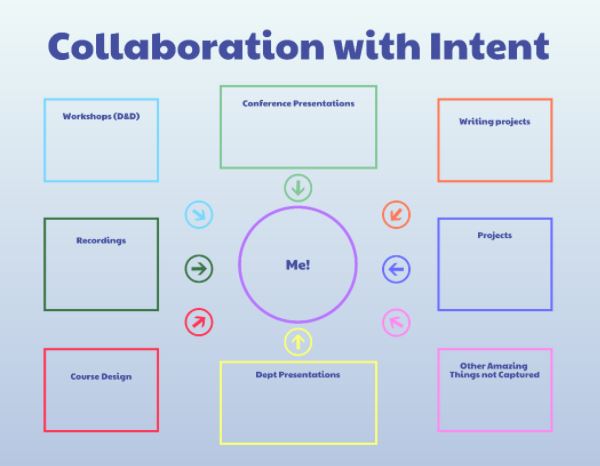Faculty Spotlight: Catherine Chow
Catherine Chow is a Chemistry Instructor with the Faculty of Science and Horticulture at KPU. She completed her graduate studies at The University of British Columbia (UBC) in organometallic chemistry, and following a post-graduate internship at a chemical research lab in Germany, Catherine returned to Vancouver and joined us at KPU in 2013. In 2021, Catherine joined Teaching & Learning as an Educational Consultant. In her free time, Catherine is an avid rock climber and a former competitive dragon boat racer.
For this edition of our Faculty Spotlight, Catherine joins us in a conversation about her favourite teacher when she was 10, her most enjoyable moments as a teacher, and her reflection on science’s place in society.
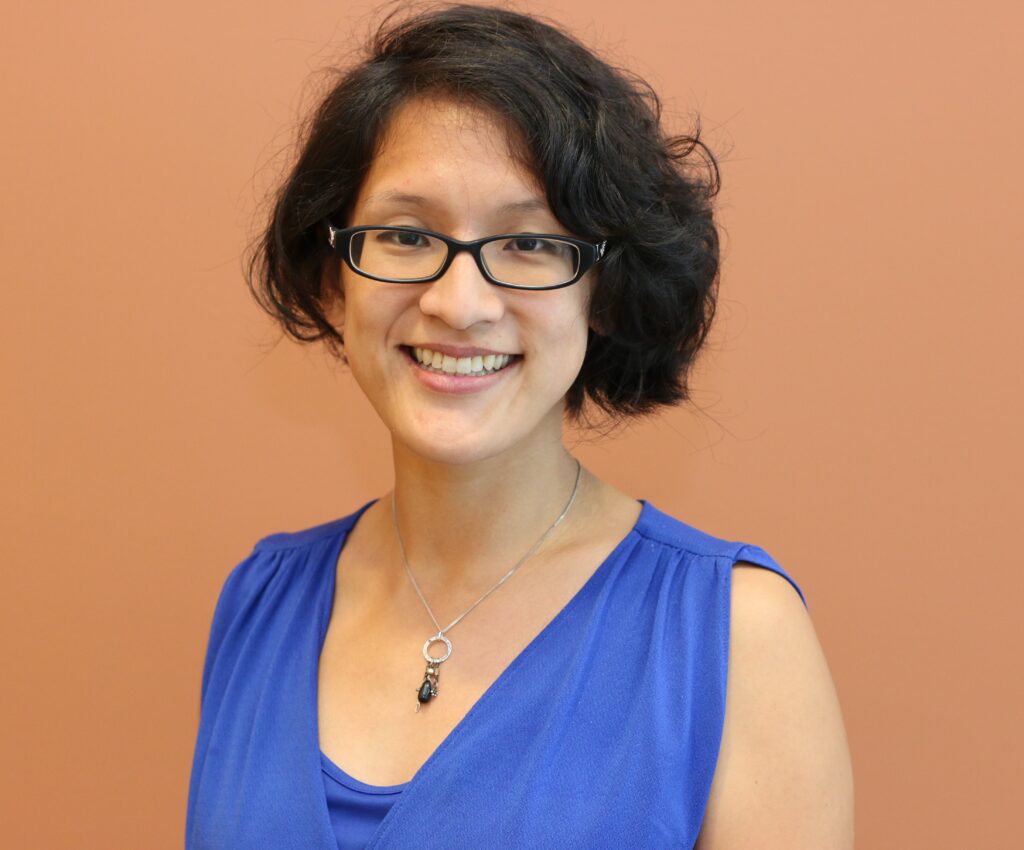
Catherine, a tried and true Vancouverite, hails from East Vancouver and is the daughter of first-generation immigrants who settled in Canada from the Pearl River Delta of China. Growing up in the affectionately dubbed “VanCity,” Catherine attended an alternative education program in elementary school that was designed to not only meet the diverse, individual education needs of each student, but to foster their academic, social, and emotional wellbeing as well. Teachers would, for example, teach the same group of students for three consecutive grades in order to build strong relationships with them and to provide additional supports.
It was through her elementary school that her first sparks of curiosity for learning and inquiry were ignited, which would later influence Catherine’s own approach to teaching. From fifth grade through to seventh grade, Catherine was taught by a teacher whose teaching approaches and vast classroom library led her to her first discoveries of environmentalism and feminism at a young age. Both subjects would become a passion for Catherine when she grew older.
To Catherine, she cites her teacher as a mentor in her life. “She incorporated a lot of thought into her teaching,” Catherine says. “And she encouraged me to do my own explorations in that direction.”

Education continued to be a major influence in her life. It wasn’t until high school that Catherine discovered her love for chemistry when she had taken a class and fallen in love with the subject. Until then, she had completed her course planning with the intention of becoming an English literature major. But it was as if something had clicked – and it clicked right. She started to see how chemistry permeated her life, and wanted to know how to build and manipulate things on the smallest possible scale. With a newfound passion towards chemistry, Catherine graduated high school and continued onwards to complete her Bachelor’s and Master’s in chemistry at UBC.
After completing her graduate program and while navigating the uncertainty of life after academia, she embarked on a brief stint in Germany, where she took on a research internship in Organic Electronics at BASF SE, the largest chemical producer in the world. Catherine returned to Vancouver after seven months, and in the summer of 2013, stumbled upon a posting for a lab instructor position at KPU. Catherine applied – and when she was offered the role, she accepted. Just as her discovery of chemistry had just felt right, as did Catherine’s journey to KPU. Something had – once again – clicked. This time, for Catherine, it was a love for teaching. Since 2013, Catherine has been teaching chemistry at KPU.
When asked about her favourite course to teach, Catherine has a hard time choosing. “They’re all good in different ways,” she says, and discusses the joys of being able to foster genuine relationships with students through KPU’s smaller class sizes and the continuity of teaching the students who take her classes in both first and second year. But then she adds that she particularly enjoys CHEM 1101, or Chemical Sciences Investigation. This course introduces chemical concepts to students with little background in math and sciences, and is not for credit in science. “Those students come from all sorts of backgrounds, and it’s really interesting,” Catherine tells us. She smiles as she describes the diversity of personalities, training, and disciplines that end up taking this class – and how it seems to be because of this diversity that allows these students to form groups with each other and to support one another through the semester.

Perhaps it is also due to this same reason, with students of fresh minds and diverse backgrounds, that allows for learning and inquiry to flourish in the classroom. But at the very heart of this class, as if Catherine and her teaching is the wonderful catalyst of a chemical reaction, she witnesses a breaking of boundaries between science and other disciplines. Students learn about chemistry, they learn about students studying in different faculties, and perhaps most importantly of all – they foster a sense of curiosity.
In September 2021, Catherine joined the Teaching and Learning Commons as an Educational Consultant (EC) in Teaching Excellence in Science and Horticulture. As an Educational Consultant, Catherine draws on her experience as a chemistry instructor to explore different approaches to teaching; this work includes alternative assessments or technology in learning. In her role, Catherine aspires to make connections within the university, break down the silos between different disciplines, and to form a network for faculty members to address the unique challenges faced while teaching in the STEM field, and to offer solutions. “If you don’t know where to start, it can be intimidating. And if you see something that works for history, you might think it’s not going to work in your physics class,” Catherine explains. As an EC, Catherine works alongside the STEM faculty to develop these solutions for their respective disciplines.
One of her projects is to build a catalogue of different projects that are being worked on by faculty members. The goal of this project is to build those interdisciplinary relationships that Catherine aspires for, and to form a robust archive of work that allows pedagogical exchange and thought to be more easily accessed within KPU. If you are interested in participating in this project, Catherine invites all faculty members to connect with her.
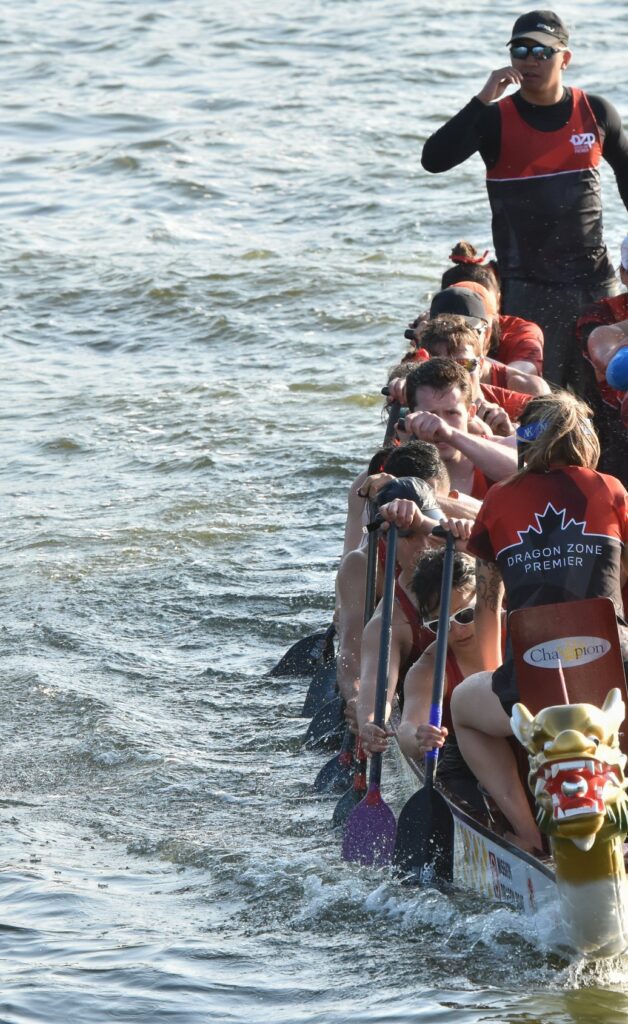
What, then, does Catherine hope to instill through her teaching? “Science is a way of knowing about the world,” says Catherine. “It’s not just about the content.” She hopes to inspire curiosity in her students, to help them nurture a methodology to inquire about the world around them – not just through the lab experiments or science textbooks, but moving beyond their comfort zone and finding ways to translate science into the world and society.
When asked, she provides an example using Minamata disease, a neurological disease caused by severe mercury poisoning. An epidemic of Minamata disease occurred in the 1950s, where the local population consumed fish and shellfish that were heavily contaminated with industrial wastewater from chemical factories. The disease, along with mishandlings from the corporation and the government, has taken over 1000 lives and even to today, several thousands more continue to suffer from both lasting and intergenerational effects. The crisis helped turn the tide against industrial pollution, but Catherine reminds us of the necessity to reflect not only on the science itself – not just on the effects of mercury in the body, for example – but to also interrogate how science is interconnected with the lives and well-beings of other human beings.
A part of this parcel is teaching students to develop the skills to make these connections. It’s not just about learning about the results and the conclusions of research, but understanding how to build that knowledge, by forming hypotheses and interrogating them. It’s about synthesizing knowledge, learning to design an experiment, and then knowing how to check whether their conclusions are reasonable. “Teaching excellence,” says Catherine, “focuses on the development of those skills.”
Where science can be seen as a production of facts and objective truths about the world, Catherine invites us to deconstruct the notion that science exists only as a disembodied body of knowledge, and instead understand how science can also be about building relationships, sparking curiosity and inquiry, and challenging how we see the world. It is about breaking boundaries. Catherine words it best: “I ask people to reflect not only on the science, but science’s place in society as well.”
If you would like to connect with Catherine to discuss her ongoing projects, her work as an Educational Consultant, or for further information about different approaches to teaching, please contact her at catherine.chow@kpu.ca.
